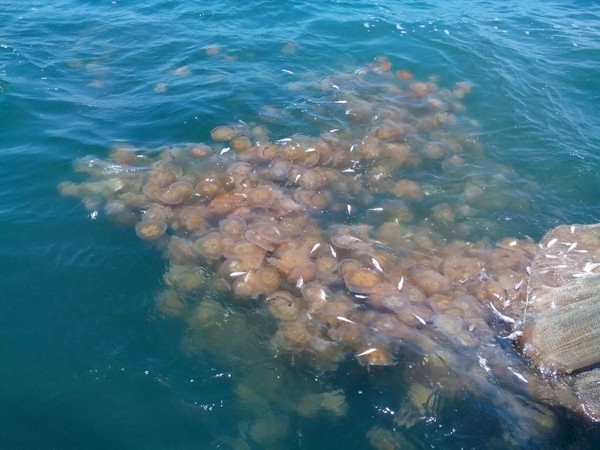China and Japan on Friday asserted that they had reached a consensus in August over the wastewater release….reports Asian Lite News
China has said that it will “gradually resume” importing seafood from Japan following negotiations between the two nations that guarantee the safety of water released from the closed Fukushima nuclear facility, according to a report by Al Jazeera.
China and Japan on Friday asserted that they had reached a consensus in August over the wastewater release.
In a statement, China’s Ministry of Foreign Affairs said that it will gradually resume imports of Japanese aquatic products that meet the regulation requirements and standards. “China will begin to adjust the relevant measures based on scientific evidence and gradually resume imports of Japanese aquatic products that meet the regulation requirements and standards,” the Ministry of Foreign Affairs said, as per Al Jazeera.
The statement further informed that officials from both sides had recently conducted “several rounds of consultations” on Fukushima discharge.
Notably, China had imposed a ban last year on all seafood imports from Japan. The ban was imposed following the release of treated wastewater from the Fukushima Daiichi nuclear power plant, Nikkei Asia reported.
Although, China was the only country with such attack on Japan, but the ban did pose a serious threat to its neighbor, as mainland China had accounted for nearly 20 per cent of Japanese seafood exports before the sanctions. Moreover, the ration for Scallops was roughly 50 per cent.
Japan-China bilateral relations soured sharply after China imposed the ban following the first release into the Pacific Ocean on August 24 by Tokyo Electric Power Company Holdings Inc., operator of the Fukushima plant.
China took the measure even after the International Atomic Energy Agency concluded in July, after a two-year safety review, that revealed that the treated water discharge “will have a negligible radiological impact on people and the environment.” (ANI)
ALSO READ: India and Bhutan strengthen food safety cooperation

Leave a Reply